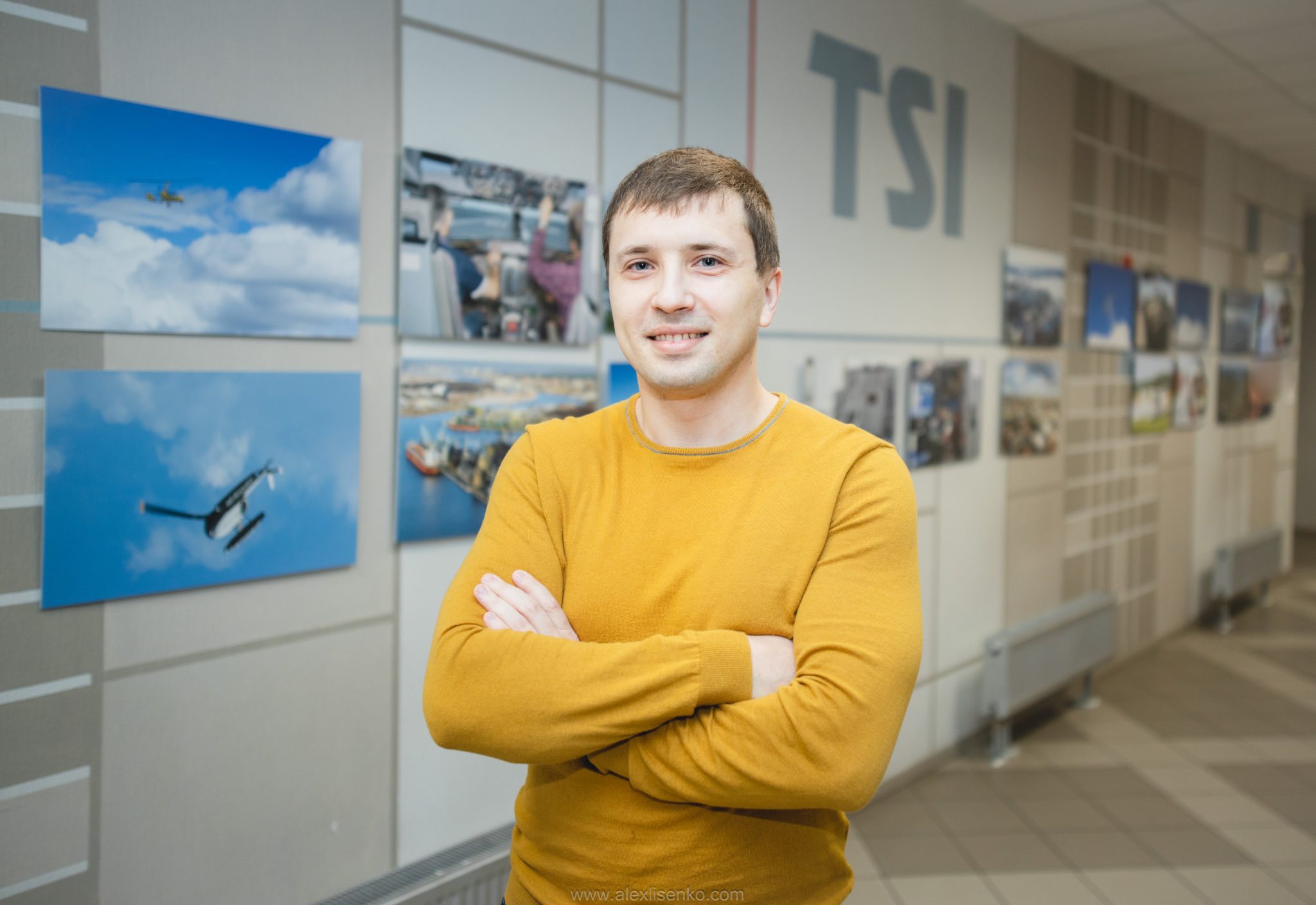Dmitry Balabka, our graduate of study programme Computer Science, MSc, took first place in the Sussex-Huawei Locomotion (SHL) Challenge 2021!
The goal of this year’s SHL Challenge – a machine learning and data science competition was to recognize 8 modes of locomotion and transportation (activities) in a user-independent manner based on radio-data, including GPS reception, GPS location, Wifi reception and GSM cell tower scans. The participants had to develop an algorithm pipeline that would process the sensor data, create models and output the recognized activities.
Dmitry with his teammate Denys Shkliarenko used Google’s AutoML Tables service to preprocess data, train, and evaluate the model. During this challenge, we showed the advantages and disadvantages of AutoML Tables. In addition, they had employed additional complimentary publically available datasets. AutoML Tables helped to train an artificial neural network model using the AdaNet algorithm.
“Thanks to real teamwork we achieved such a great result. I’ve decided to use the AutoML approach that helped us to be dedicated much more time to work with data and build more informative features required for precise predictions. Future work might be related to Deep Learning models improvements for Human Activity Recognition in general, particularly Feature Engineering automation.”, Dmitry comments.
Prof. Yatskiv comments: “Dmitry has always wanted to do something more, he has always been interested in machine learning and analytics. He wrote his first research paper Semi-supervised learning for human activity recognition using adversarial autoencoders and presented it at the ACM International Joint Conference on Pervasive and Ubiquitous Computing in 2019 in the UK, then brilliantly defended his master’s thesis, supervised by TSI Prof Neil Rubens. I think we will be hearing more about his victories and achievements!” SHL Challenge focuses on transportation or locomotion recognition using a smartphone which is important contextual information that enables application such as activity health monitoring, individual environmental impact monitoring, and intelligent service adaptation. More about the project you can find HERE.
Congratulations to Dmitry and Denys on winning the competition and wish you continued success in your career!
